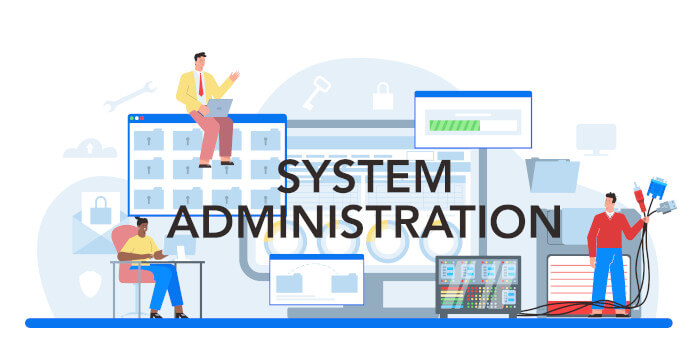Last Updated on May 28, 2022
Summary
VeraCrypt fully warrants inclusion in our Essential System Tools feature.
You can encrypt an entire filing system, including folder names, filenames, all of the content of each and every file, the metadata, free space, and more. It offers enterprise-grade encryption for data you want to protect. Keep your data safe from prying eyes.
VeraCrypt improves and enhances the security of the algorithms used when systems and partitions are encrypted. It’s immune to brute-force attacks, so you’ll be safe from hackers decrypting your passwords and other important data.
It’s also easy to use with a helpful wizard for newcomers. There’s good documentation for the project which helps both the beginner and advanced user alike.
Website: www.veracrypt.fr
Support: Documentation, Forums, GitHub Code Repository
Developer: IDRIX
License: Multi-licensed under Apache License 2.0 and the TrueCrypt License version 3.0
VeraCrypt is written in C and C++. Learn C with our recommended free books and free tutorials.
Return to GUI File Encryption Tools
Pages in this article:
Page 1 – Introduction / Installation
Page 2 – In Operation
Page 3 – Other Features
Page 4 – Summary
All the essential tools in this series:
| Essential System Tools | |
|---|---|
| Alacritty | Innovative, hardware-accelerated terminal emulator |
| BleachBit | System cleaning software. Quick and easy way to service your computer |
| bottom | Process/system monitor for the terminal |
| btop++ | Monitor usage and stats for CPU, memory, disks, network and processes |
| catfish | Versatile file searching software |
| Clonezilla | Partition and disk cloning software |
| CPU-X | System profiler with both a GUI and text-based |
| Czkawka | Find duplicate files, big files, empty files, similar images, and much more |
| ddrescue | Data recovery tool, retrieving data from failing drives as safely as possible |
| dust | More intuitive version of du written in Rust |
| f3 | Detect and fix counterfeit flash storage |
| Fail2ban | Ban hosts that cause multiple authentication errors |
| fdupes | Find or delete duplicate files |
| Firejail | Restrict the running environment of untrusted applications |
| Glances | Cross-platform system monitoring tool written in Python |
| GParted | Resize, copy, and move partitions without data |
| GreenWithEnvy | NVIDIA graphics card utility |
| gtop | System monitoring dashboard |
| gWakeOnLAN | Turn machines on through Wake On LAN |
| hyperfine | Command-line benchmarking tool |
| HyFetch | System information tool written in Python |
| inxi | Command-line system information tool that's a time-saver for everyone |
| journalctl | Query and display messages from the journal |
| kmon | Manage Linux kernel modules with this text-based tool |
| Krusader | Advanced, twin-panel (commander-style) file manager |
| Nmap | Network security tool that builds a "map" of the network |
| nmon | Systems administrator, tuner, and benchmark tool |
| nnn | Portable terminal file manager that's amazingly frugal |
| pet | Simple command-line snippet manager |
| Pingnoo | Graphical representation for traceroute and ping output |
| ps_mem | Accurate reporting of software's memory consumption |
| SMC | Multi-featured system monitor written in Python |
| Timeshift | Reliable system restore tool |
| QDirStat | Qt-based directory statistics |
| QJournalctl | Graphical User Interface for systemd’s journalctl |
| TLP | Must-have tool for anyone running Linux on a notebook |
| Unison | Console and graphical file synchronization software |
| VeraCrypt | Strong disk encryption software |
| Ventoy | Create bootable USB drive for ISO, WIM, IMG, VHD(x), EFI files |
| WTF | Personal information dashboard for your terminal |

I just installed VeraCrypt today. Coming from the Windows world, I used it for sensitive information, and today after 6 months on Linux, needed the security it offers.
You can fiddle with individual file/folder encryption, but why? I use the file container method and can take my encrypted info anywhere and with VeraCrypt in portable mode, I have access to it.
Nice article.